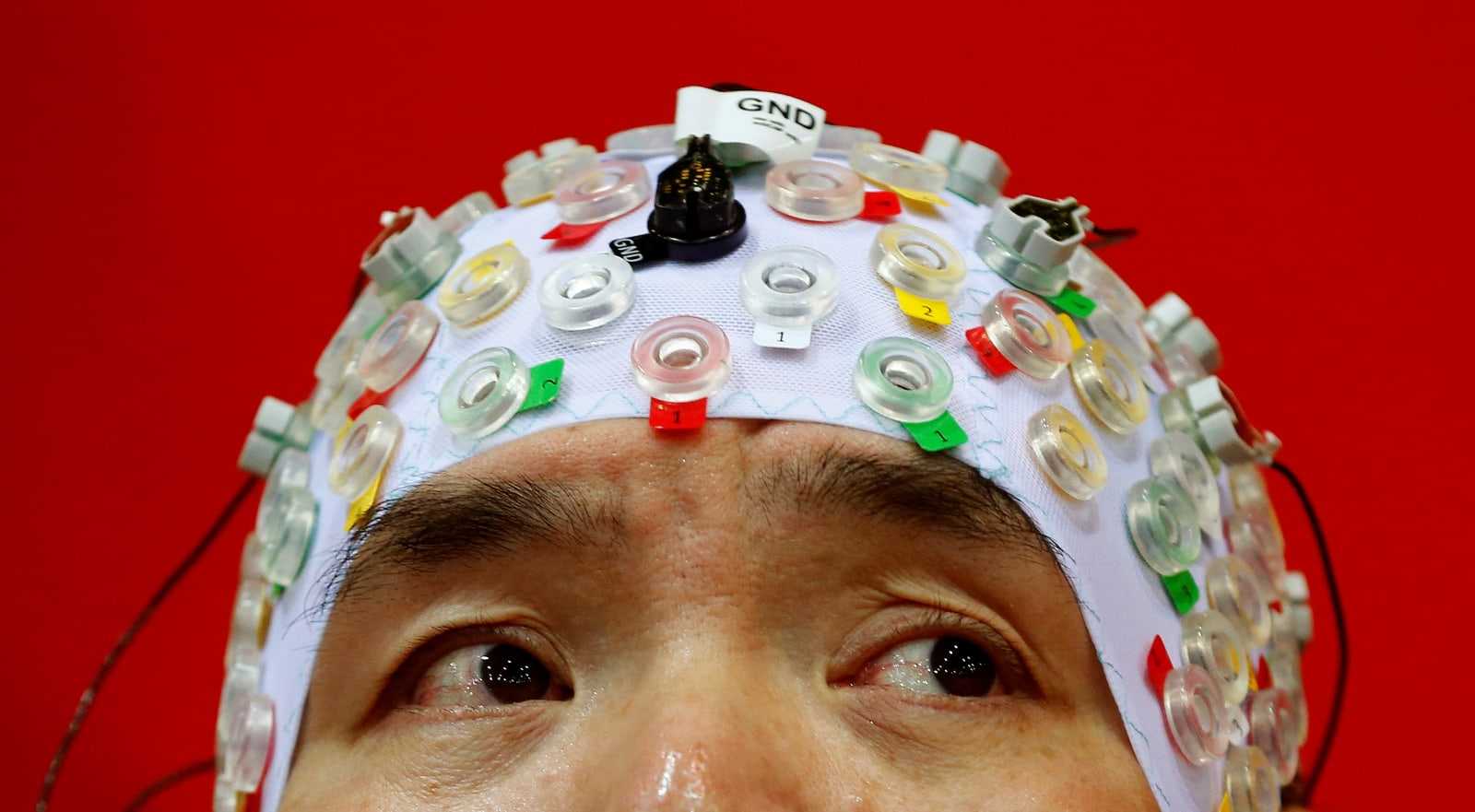 Computers are normally limited by the fixed nature of their chipsets: once the silicon is out of the factory, its capabilities are forever locked in. The City College of New York and University of California Berkeley have jointly developed a technique that could break chips free of these prisons and speed along quantum computing. They found that hitting gallium arsenide with a laser light pattern aligns the spins of the atoms under the rays, creating a spintronic circuit that can re-map at a moment's notice. The laser could be vital to quantum computers, which can depend heavily or exclusively on spintronics to work: a simple shine could get electrons storing a much wider range of numbers and consequently handling many more calculations at once. Research is only just now becoming public, however; even though gallium arsenide is common in modern technology, we'll need to be patient before we find quantum PCs at the local big-box retail chain. Despite this, we could still be looking at an early step in a shift from computers with many single-purpose components to the abstracted, all-powerful quantum machines we've held in our science fiction dreams.
Computers are normally limited by the fixed nature of their chipsets: once the silicon is out of the factory, its capabilities are forever locked in. The City College of New York and University of California Berkeley have jointly developed a technique that could break chips free of these prisons and speed along quantum computing. They found that hitting gallium arsenide with a laser light pattern aligns the spins of the atoms under the rays, creating a spintronic circuit that can re-map at a moment's notice. The laser could be vital to quantum computers, which can depend heavily or exclusively on spintronics to work: a simple shine could get electrons storing a much wider range of numbers and consequently handling many more calculations at once. Research is only just now becoming public, however; even though gallium arsenide is common in modern technology, we'll need to be patient before we find quantum PCs at the local big-box retail chain. Despite this, we could still be looking at an early step in a shift from computers with many single-purpose components to the abstracted, all-powerful quantum machines we've held in our science fiction dreams.
CCNY, UC Berkeley develop lasers that could rewrite quantum chips, spin those atoms right round originally appeared on Engadget on Wed, 27 Jun 2012 04:26:00 EDT. Please see our terms for use of feeds.
Permalink |
 CCNY, Nature
CCNY, Nature |
Email this |
Comments
 Elon Musk isn't the only one looking to rummage around inside your skull. DARPA announced on Monday that it has selected its five grant recipients for the Neural Engineering System Design (NESD) program, which it began at the start of this year. Brow...
Elon Musk isn't the only one looking to rummage around inside your skull. DARPA announced on Monday that it has selected its five grant recipients for the Neural Engineering System Design (NESD) program, which it began at the start of this year. Brow...
 Elon Musk isn't the only one looking to rummage around inside your skull. DARPA announced on Monday that it has selected its five grant recipients for the Neural Engineering System Design (NESD) program, which it began at the start of this year. Brow...
Elon Musk isn't the only one looking to rummage around inside your skull. DARPA announced on Monday that it has selected its five grant recipients for the Neural Engineering System Design (NESD) program, which it began at the start of this year. Brow...







